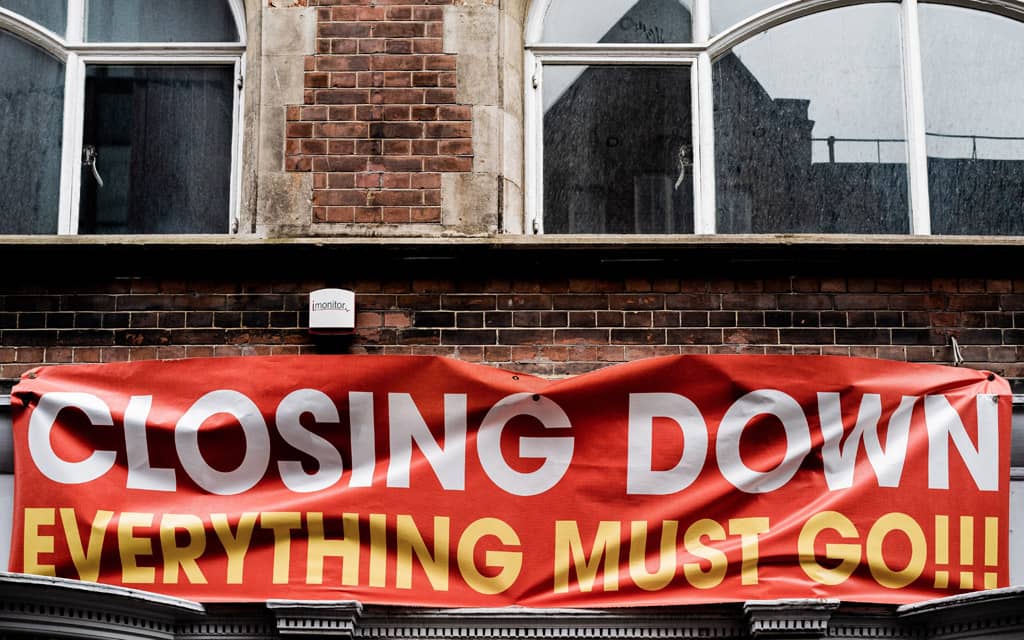The potential loss of income when an employer enters liquidation is a major concern for employees. Will they still be paid what they’re owed? We’ll aim to answer that question in this short article about what happens to employees when a company goes into liquidation.
Will employees still be paid what they’re owed when a company enters liquidation?
The short answer is, yes – employees are entitled to be paid for the work they’ve done, even if their employer goes into liquidation. When an employer enters insolvency, employees become preferential creditors for some payments and wages are treated as a priority debt (alongside tax). As a result, employees may be paid in full. The liquidator, who must be a licensed insolvency practitioner, will handle this process so that employees are treated fairly and in line with the law.
However, the situation can be more complex than that. When a company goes into liquidation, it’s usually because they’re unable to pay their debts. The liquidator’s job is to get the best possible outcome for the creditors. As we said above, in this case the employees are considered creditors, and their wages are treated as a priority debt.
Administrators will try to ensure that employees are paid what they are owed, but this may not happen immediately. In some cases, it may take a few weeks or even months for the employees to receive their wages.
What happens if the company liquidation doesn’t cover employees’ wages?
It will be a relief to learn that The Insolvency Service, part of the UK government, has a scheme in place to help employees who are owed wages by an employer who goes into liquidation. This is called the Redundancy Payments Service (RPS).
The RPS can step in and pay redundancy, wages that are in arrears and outstanding holiday owed by an employer. The amount that the RPS will pay is capped depending on earning level, but this can be a lifeline for employees struggling financially.
It should be noted that redundancy pay specifically is only available to employees who qualify for it. This means that if an employee has been with the company for less than two years, they won’t be eligible for this payment.
If you’re concerned about what happens to your employees when your company enters liquidation, it’s important to understand all the options available to you. This includes any potential alternatives to liquidation. Our licensed insolvency practitioners can explain and guide you through whichever solution you decide on.





